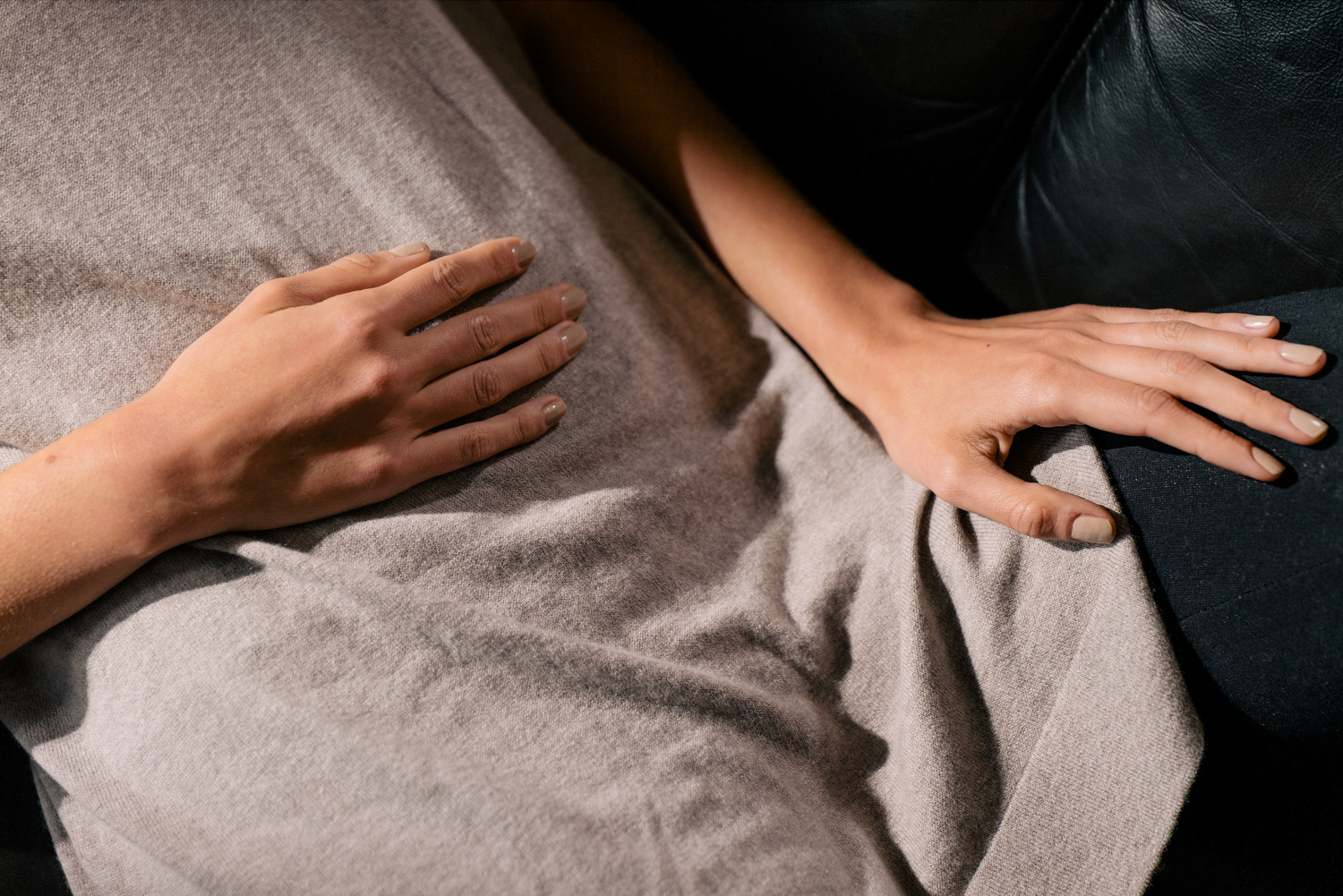Intro
Worldwide, average monthly Google search results for period or menstrual pain soar over 1.5 million. Related queries include “quick-fix home remedies” on how to ease cramps, “unbearable period pain” and the more desperate cries, “how to stop period pain forever”. Period pain is becoming culturally appropriate to talk about in public, a welcome development after centuries of being dismissed as taboo. Period pain was placed under the commonly ignored category of “women’s problems”, which led to generations of shame and embarrassment, pain mismanagement, and the over-prescription of remedies that may cause more harm than good.
How’d we get here...and what took so long?
For centuries, people who menstruate were conditioned to keep their pain private, their menstrual cycles, and remedies an affair that only concerned them and them alone. Ironically the technical term for period pain, dysmenorrhoea, was derived from an ancient Greek expression that translates to ‘difficult monthly flow’ [1]. So, twenty centuries ago, it’s possible that the ancient Greeks might’ve been more casual in their discussions of period pain than we were until now.
Historically across many cultures, menstrual taboos involved notions of uncleanliness, and indigenous myths of North and South America expressed men’s worry that, unless women’s periods were carefully monitored, the world may descend into chaos.
Why is it so painful?
Most women will experience period pain at some point in their lifetime. In 10% of these women, the pain is so severe that it disrupts their normal daily functioning on at least one to three days throughout the month [2].
The pain is described as throbbing or cramping in your lower abdomen, radiating in your lower back, your legs, and can often cause headaches, dizziness, and nausea in some women. This pain is caused by the shedding of the uterine lining in which the muscles of the womb contract and relax. If you’re lucky, these contractions are unnoticeable, but often they’re felt as painful cramps which vary in intensity. Heavier periods often come with more intense and painful cramps during a menstrual cycle, the unluckiest among us.
Where we’re at now
Recently, there’s been a cultural shift in which women are speaking out about everyday injustices, demanding that their voices be heard on topics that affect their lives and their health. In this context, period pain talk has met its cultural moment.
As more prominent and well-known celebrities openly discussed their experiences with painful periods, endometriosis, and misdiagnoses that left them sick, period pain talk became increasingly normalized through the process of sharing and listening. The quest to educate oneself on period pain remedies that serve long term health goals and lead to holistic healing are surging in popularity.
The gender pain gap reinforces a vicious cycle in which women struggle to have their pain taken seriously, then tend not to seek medical help until their situation becomes unbearable. This experience of pain turns into the belief that it is just part of being a woman. Severe period pain does not have to be part of your menstruation experiencåe every single month. There are so many alternatives to feeling that way.
Lasting effects of the menstrual taboo
The menstrual taboo led to a culture of silence, shame, embarrassment, harassment, avoidance of employment opportunities or participation in activities, over-prescription of pain medication and a lack of education about what works best to treat period pain. Anti-inflammatory drugs such as ibuprofen, naproxen, and aspirin are effective at treating the pain associated with period cramps, however they might come with side-effects and may induce longer-term stomach-health-related issues. Globally, pain-related treatment costs are approximately 3% of the gross domestic product (GDP) per capita, which is more than the costs related to cancer and cardiovascular treatment. [3]
Soothe yourself
Health and wellness consciousness paired with holistic healing methods have proven that there are alternative ways to treat pain that will benefit bodily processes. Slow down, take care of yourself, and remind yourself that period pain management is a long term health project. Globally, women are looking for period pain remedies that are free of toxins, natural, and effective. Avoiding overall stress, consuming a diet high in anti-inflammatory foods, drinking natural teas, and hot water bottles applied directly on the stomach are some of the natural ways to reduce period pain.
References
[1] https://www.ncbi.nlm.nih.gov/pmc/articles/PMC6473383/#:~:text=The%20Greek%20term%20of %20dysmenorrhea,6%E2%80%9324%20months%20of%20menarche.
[2] https://www.ncbi.nlm.nih.gov/books/NBK279324/
[3] https://pubmed.ncbi.nlm.nih.gov/32033087/

